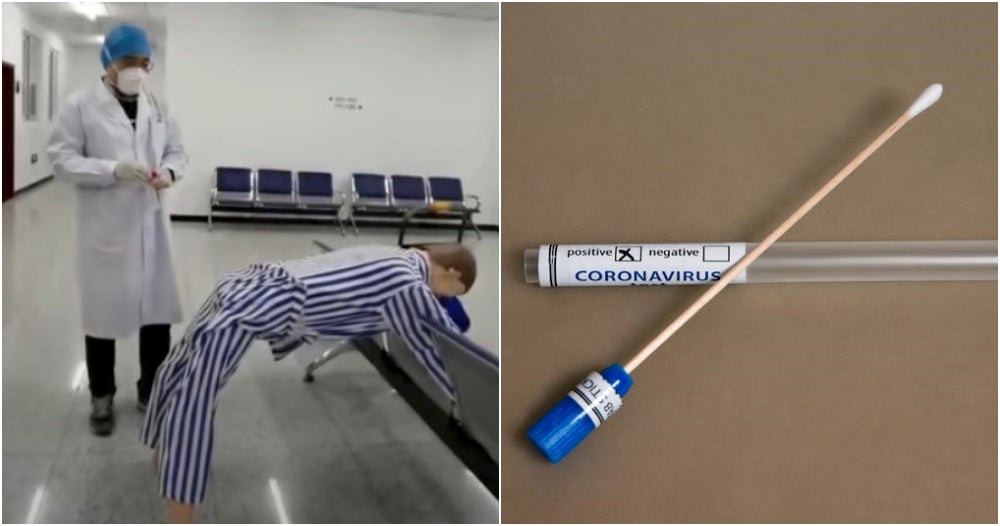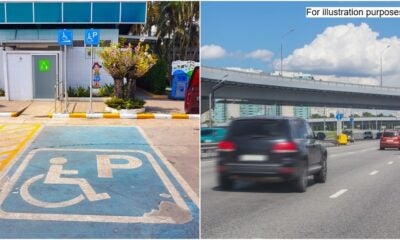China has made anal Covid-19 swabs mandatory for some foreign travellers and visitors arriving in the country.
As reported by The Times UK, the government has claimed that such tests provide a “higher degree of accuracy than other screening methods for the virus.”
As part of their new travel requirement, there will indeed be testing hubs in Beijing and Shanghai airports.

It has also been reported that the move came about after Japan asked China to stop performing the exams on its citizens when they enter the country because the swabs cause mental anguish.
“Some Japanese reported to our embassy in China that they received anal swab tests, which caused a great psychological pain,” said Katsunobu Kato, Japan’s chief cabinet secretary in a news conference.
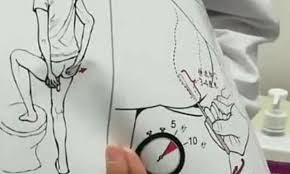
Chinese Foreign Ministry spokesman Wang Wenbin, however, defended the screenings as “science-based.”
He said the tests are “in accordance with the changes in the epidemic situation as well as relevant laws and regulations.”
Is The Test Only In Some Parts of China?
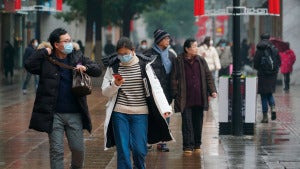
According to Reuters, travellers and visitors flying into Shanghai must undertake a full battery of tests. Yes, including anal swabs if more than five people on their aeroplane test positive for the Covid-19 virus.
The anal swab test is performed with a sterile cotton swab and is inserted 3cm to 5cm into the anus before being gently rotated out.
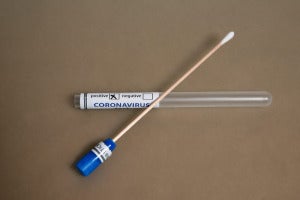
As for travellers from regions where the virus is rampant, or those who test positive on arrival will also have to undergo such tests.
However, anal swab texts are not compulsory for all international arrivals in China. A staff of Beijing’s Daxing district epidemic control department said that international visitors to Beijing were “subject to such testing”.
“If people are not familiar with the procedure for taking an anal swab test, our employees will help explain how it will be done,” she said.
Do take note, anal swab tests for the Covid-19 virus is not something unique to China.
What Does The WHO Have To Say About This?

In a statement given to Reuters, The World Health Organization (WHO) recommends testing respiratory tract specimens, where possible, to diagnose respiratory diseases because “they give the best samples”, according to spokesman Christian Lindmeier.
“Faecal samples may offer an alternative testing material, especially in patients with gastrointestinal symptoms,” he said.
However, he added on to say that they are “less likely than respiratory samples to be positive in the first week of symptoms.”
What are your thoughts on this news? Let us know in the comment section below!
Also Read: Bend Over To Enter China As They Expand Covid-19 Anal Swab Tests For Foreigners

